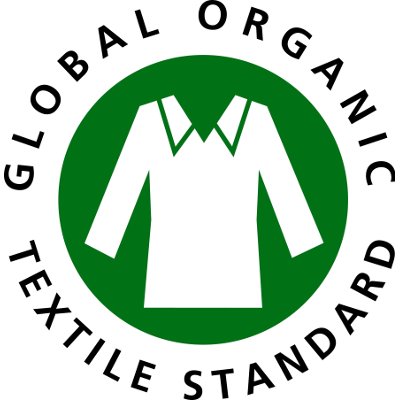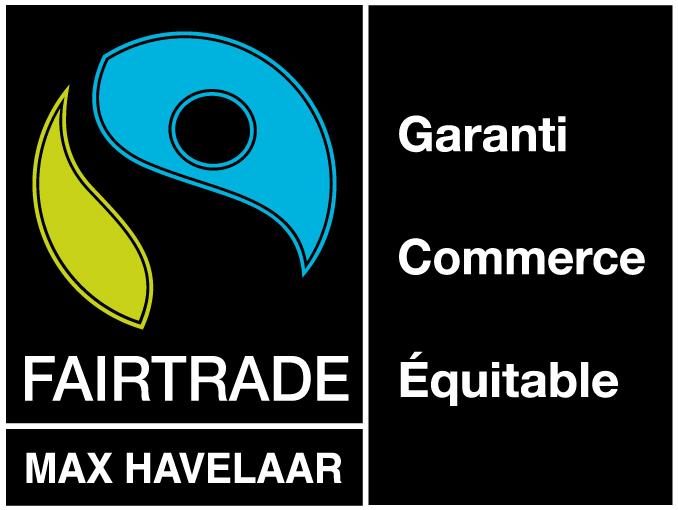Labels guaranteeing ecoresponsible fashion
Fashion comes and goes, but its environmental impact endures over time.
Fashion is one of the most polluting industries in the world.
We are all tempted by novelty, and the presence of products at attractive prices in many stores strongly encourages us to consume. We have been thinking and living like this for decades, but unfortunately, we all have to change our way of consumption if we want to leave a sustainable world to our children.
Fast-fashion is over, let’s go for slow-fashion!
How to consume better?
There are many answers and like any complex subject, nothing is black and white.
Many criteria are involved in responsible consumption. Our goal is to try to help you to see more clearly, and to dissect the subject in several articles.
One of the first answers would be to consume less. Do we need to buy so many clothes? Isn’t our closet overflowing with things we never wear or wear only once a year?
Then to know if a product is responsible, we should deconstruct:
– The material, what is it (natural or industrial), how is it produced (energy, water used for production), who produces it (social and ethical aspect of production), where is it produced,
– How this material is transported to the place of assembly.
Ex: a product made in India with cotton will be more responsible than a product made in Italy with cotton, because most of the cotton production comes from India.
– The type of production of your garment and the place of production
– The storage
– Packaging
– The mode of transport to you, if you order online.
As you can see, eco-responsibility is not just about Made in France.
The criteria are such that we can’t say in a few moments if a product is good for the planet.
However, what is certain is that all the efforts made by brands to produce responsibly deserve to be valued. Doing it right the first time is almost impossible, so let’s be happy when we see an improvement in a brand.
The labels guaranteeing ecoresponsible fashion
To help you choose the material of your clothing, there are labels. This is a first step in eco-responsibility.
The labels are a guarantee of quality.
The GOTS label
It guarantees the biological origin of the materials used. This implies: an absence of chemicals, endocrine disruptors, heavy metals or GMOs. It also ensures that the production and transformation processes are environmentally friendly and demands that working conditions are respected: zero discrimination, guaranteed safety, respect for employees’ rights, and a salary commensurate with the work performed.
The OEKO-TEX label
This one aims mainly at respecting environmental and social criteria. Indeed, it prohibits brands from using products that are harmful to health and requires effective traceability of the entire value chain. However, there is no guarantee that the fiber used is organic.
The FAIRETRADE / MAX HAVELAAR label
It aims to guarantee strict environmental criteria, especially concerning the fair-trade cotton. The cotton producers commit themselves to preserve the ecosystems by limiting the use of pesticides and GMOs.
This label therefore implies the regulation of working conditions and the prohibition of child labor as well as discrimination.
However, obtaining a label for a brand is a long and costly process. However, just because there is no label does not mean that the brand is not environmentally responsible. It will just take more time to certify it and more financial means.
At E2R, we are in a slightly different responsible approach. We start from existing materials that we recover; we avoid that these materials are thrown away also the eco-responsible aspect comes from « zero waste ».
In addition, we manufacture accessories, the search for a label makes sense for worn clothes.
For example, buying a tote bag in organic cotton does not make much sense to us. We might as well reserve organic cotton for clothes, because organic cotton requires a lot of water, and its production must be limited so as not to exhaust the planet’s water.
You will find all the information about our commitments in the preservation of the environment on our website because our wish is to bring you the most transparency possible.
Follow us on our Facebook page E2R or our Instagram @e2r_paris to discover more and share our daily life!
Sources:
« Mode Manifeste – S’habiller autrement », Magali Moulinet-Govoroff
Instagram account: @the_greenimalist


